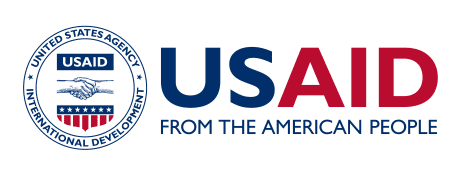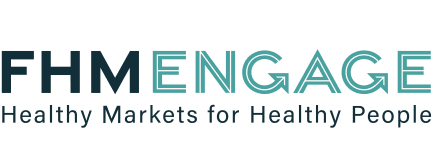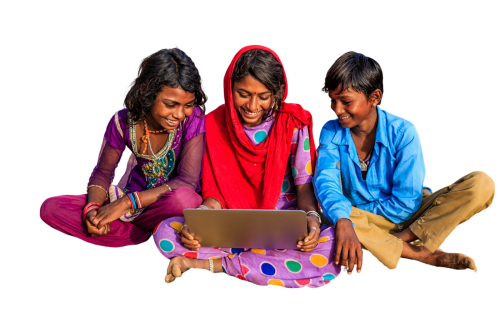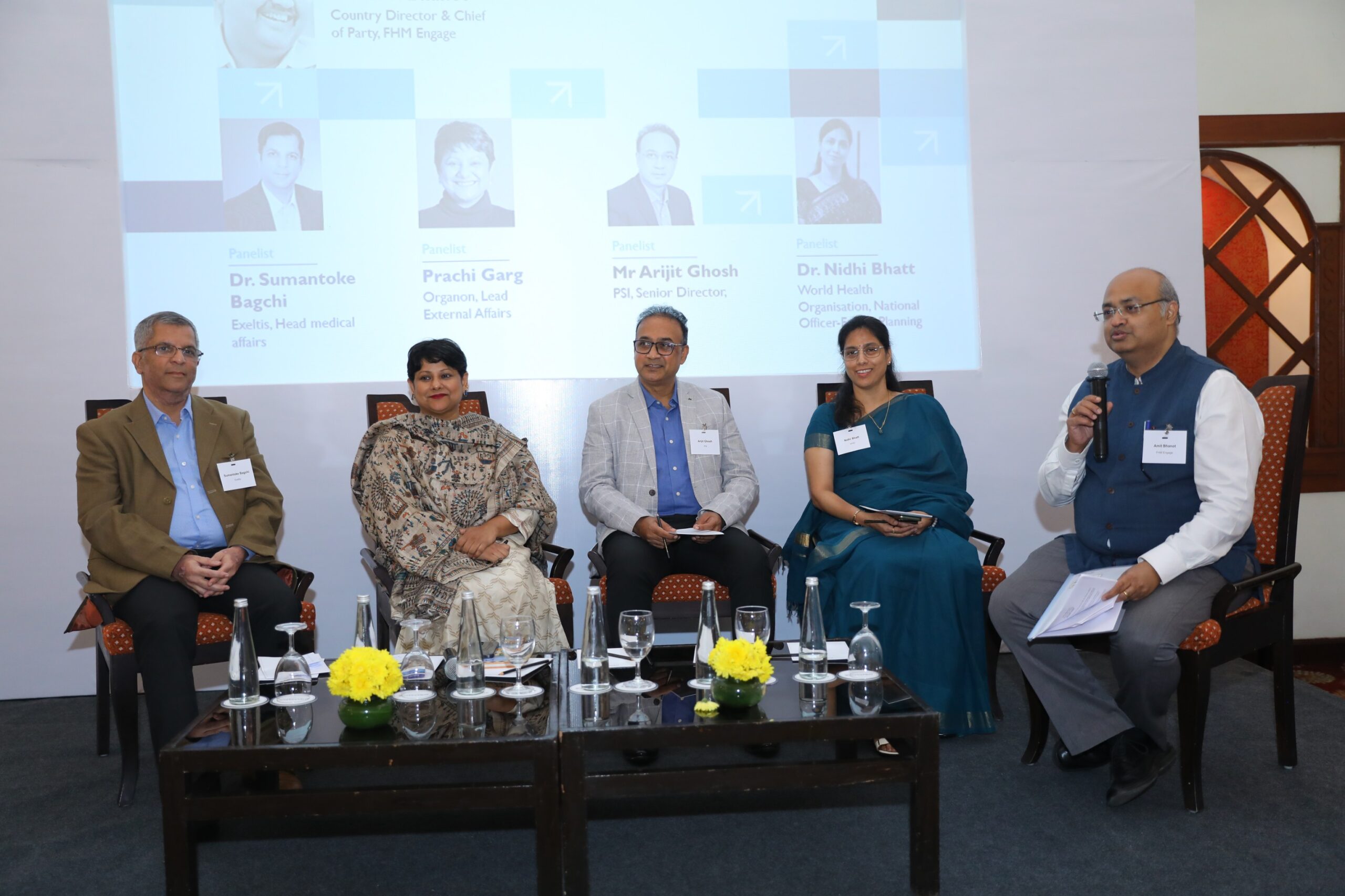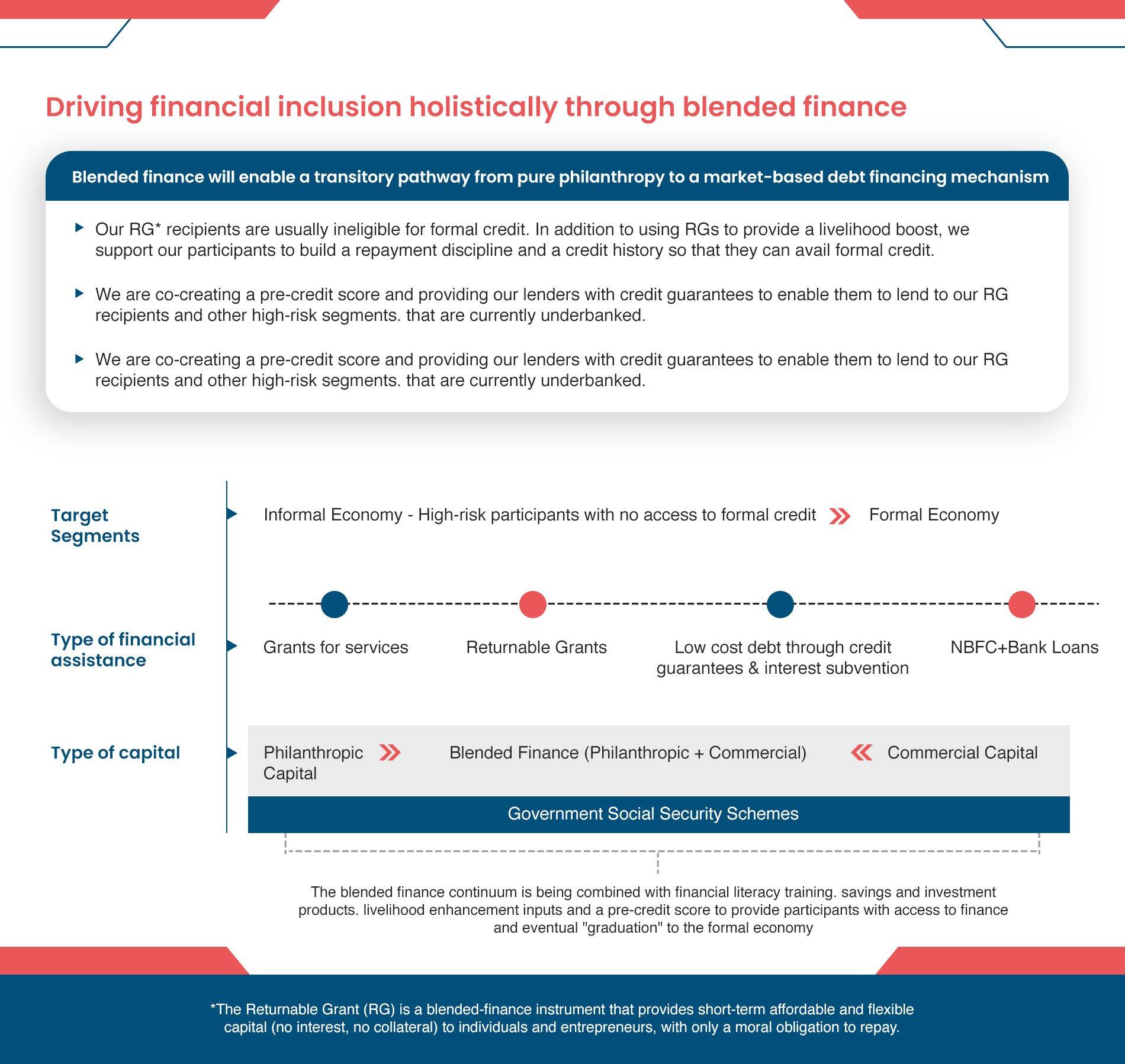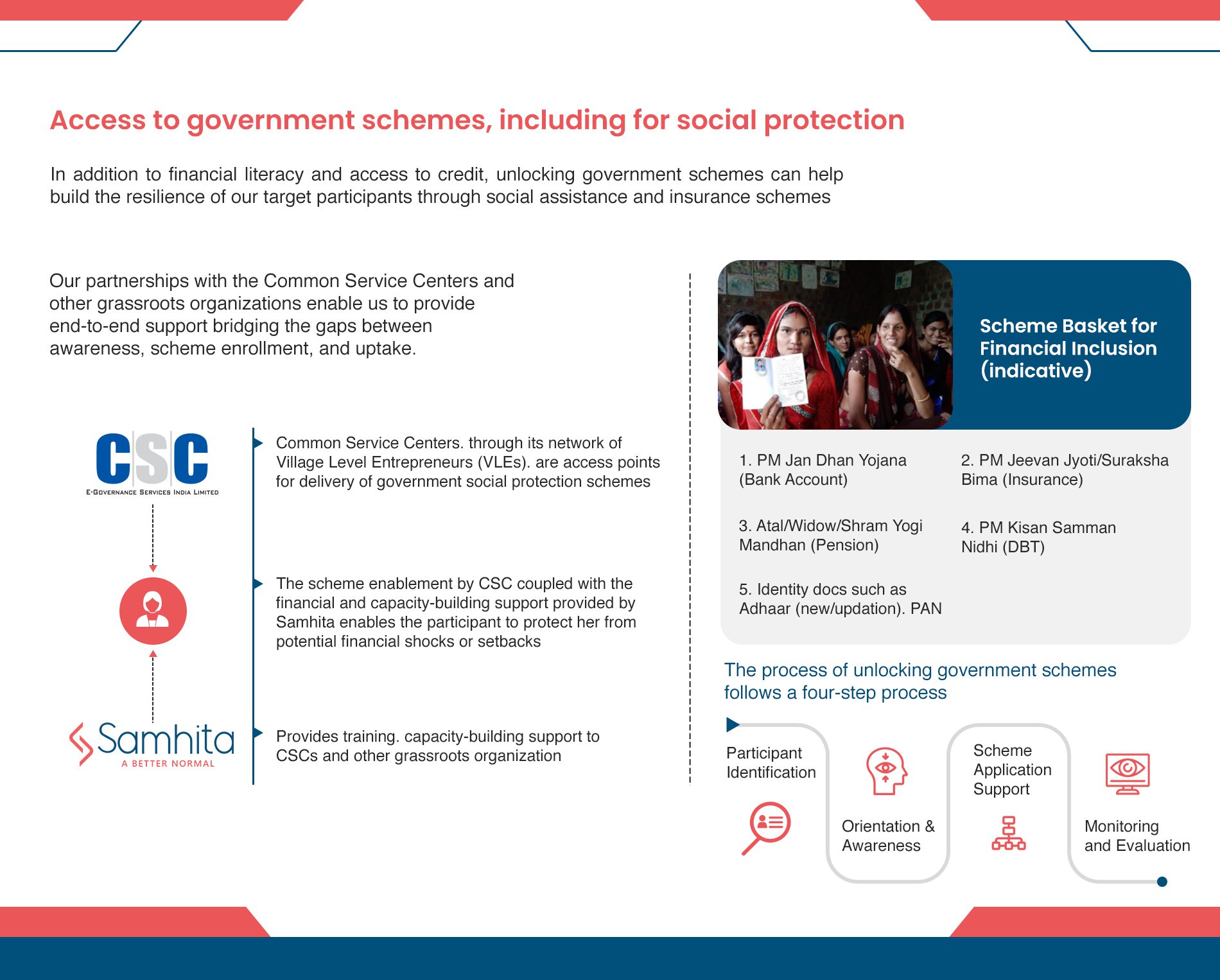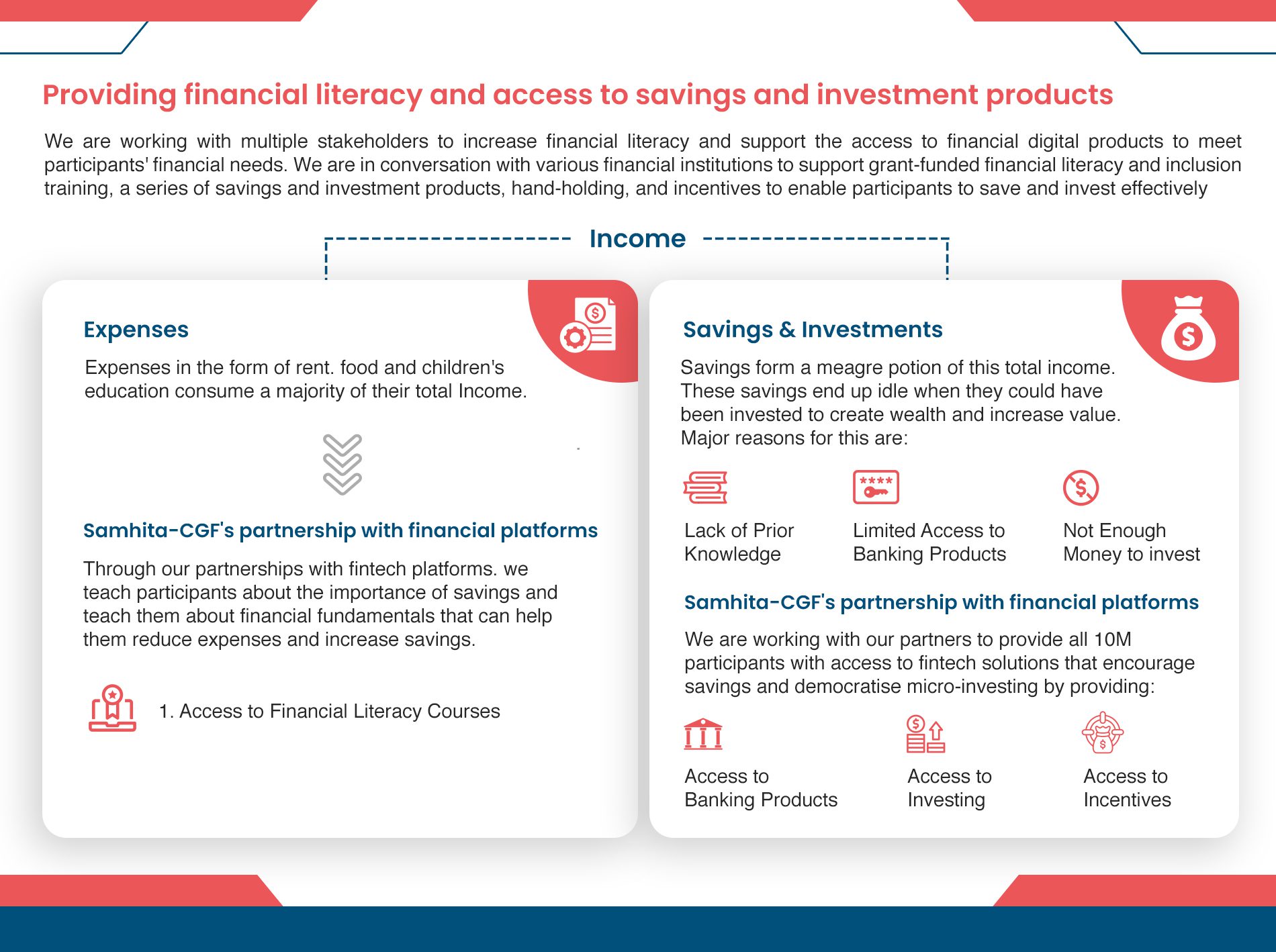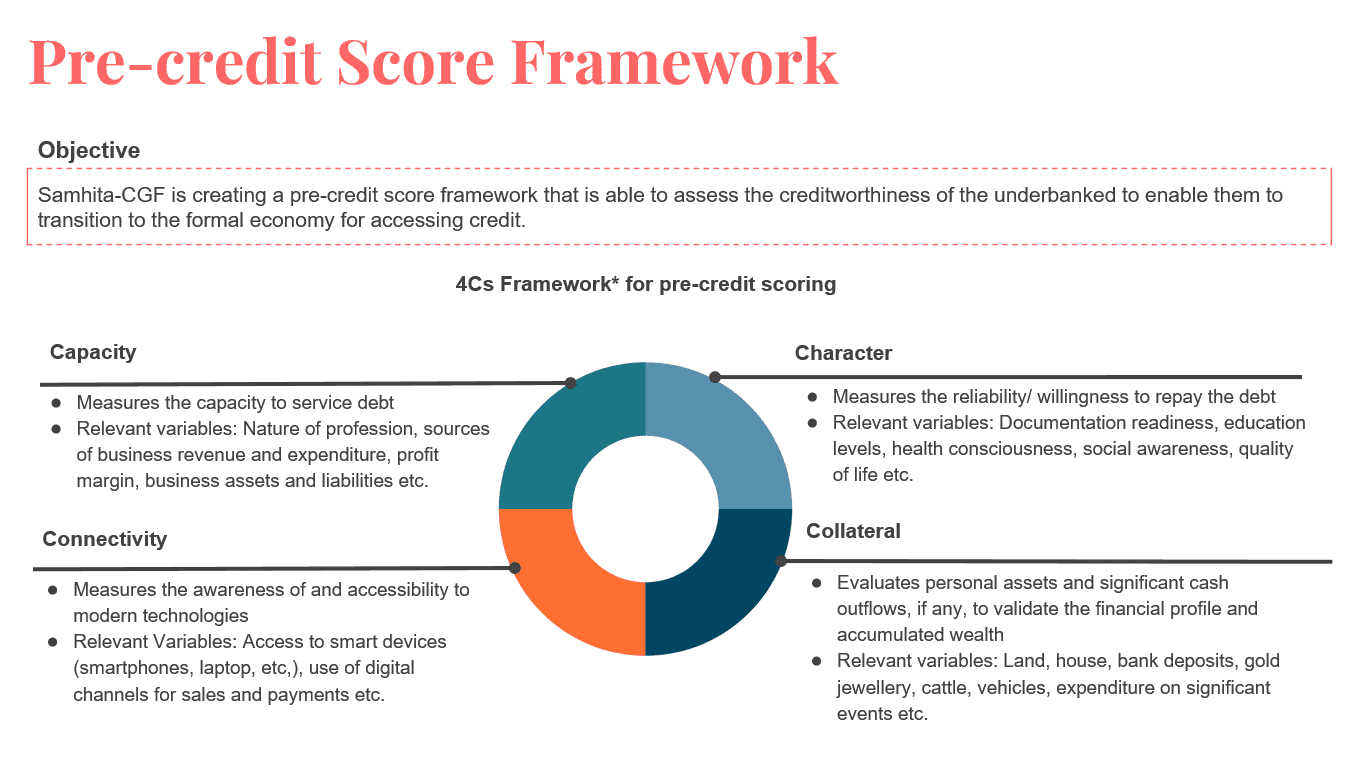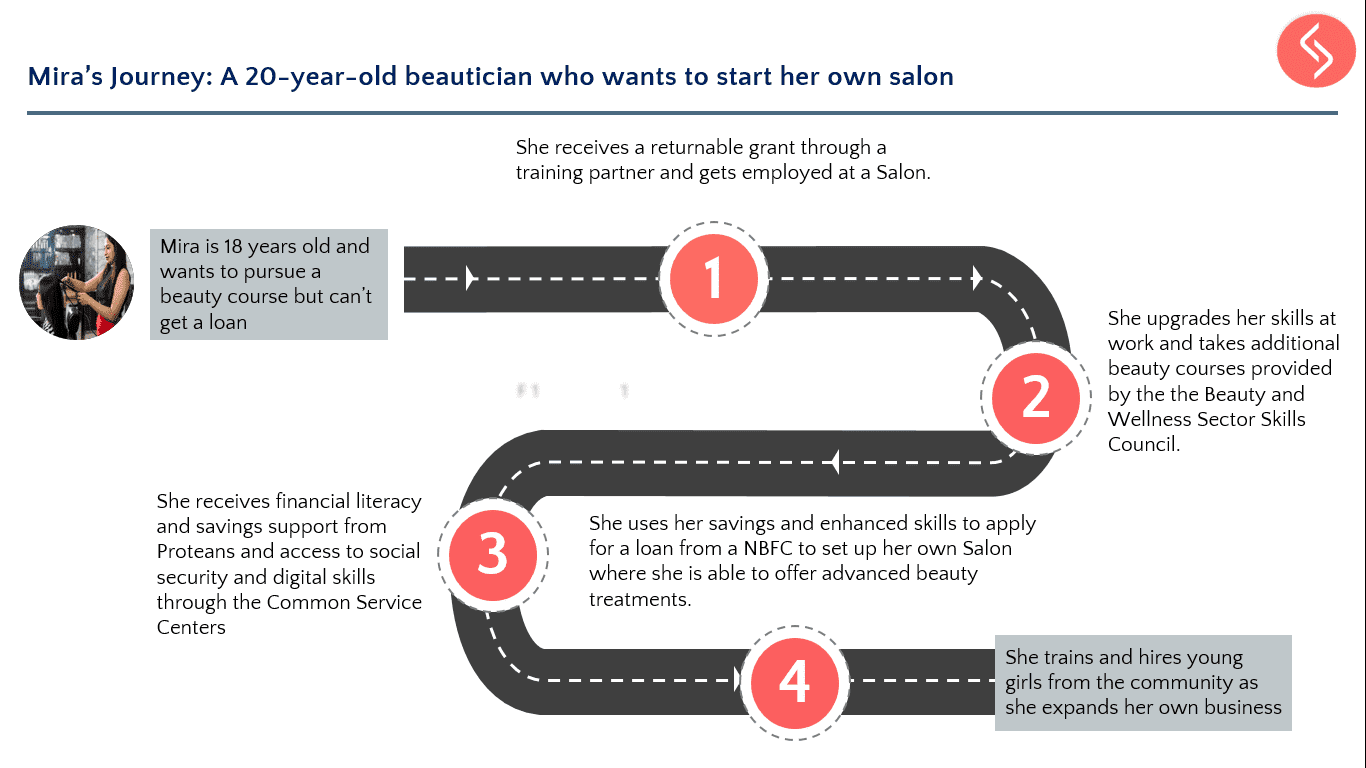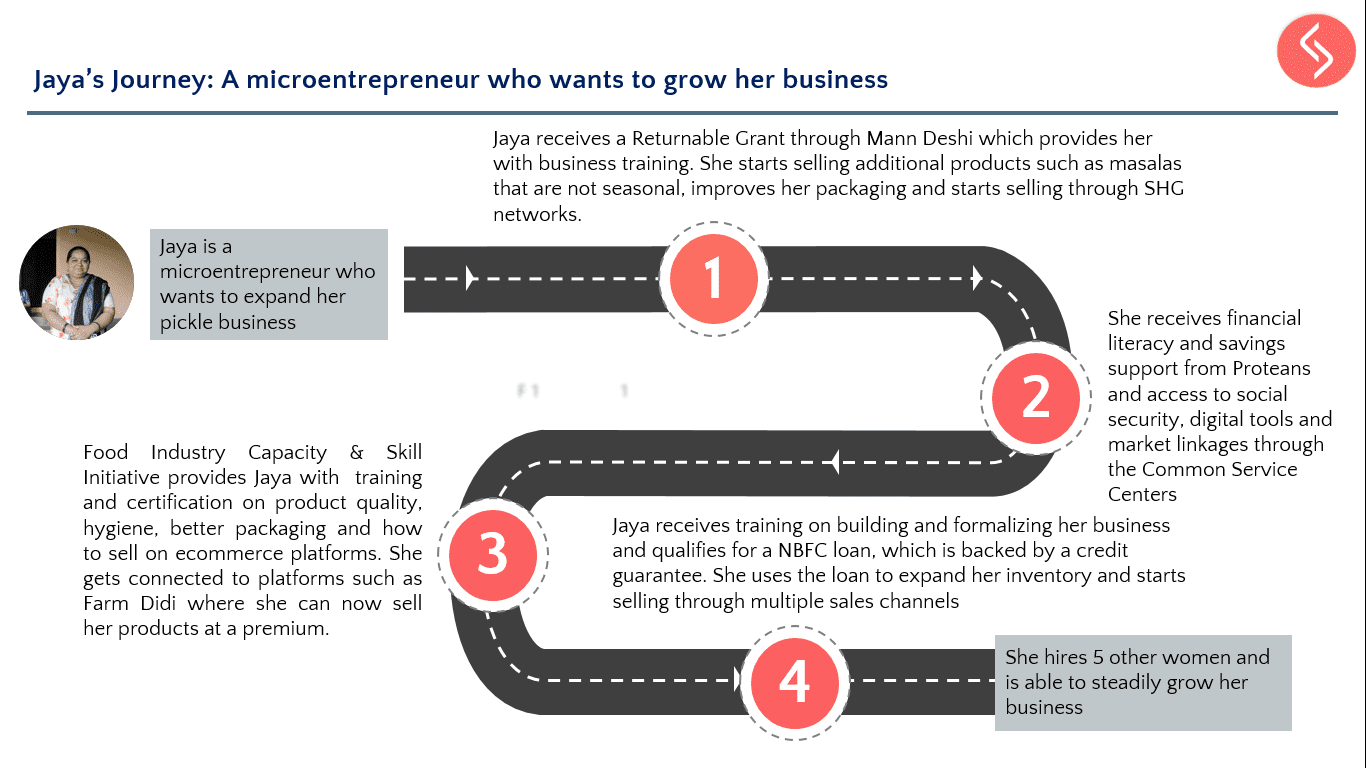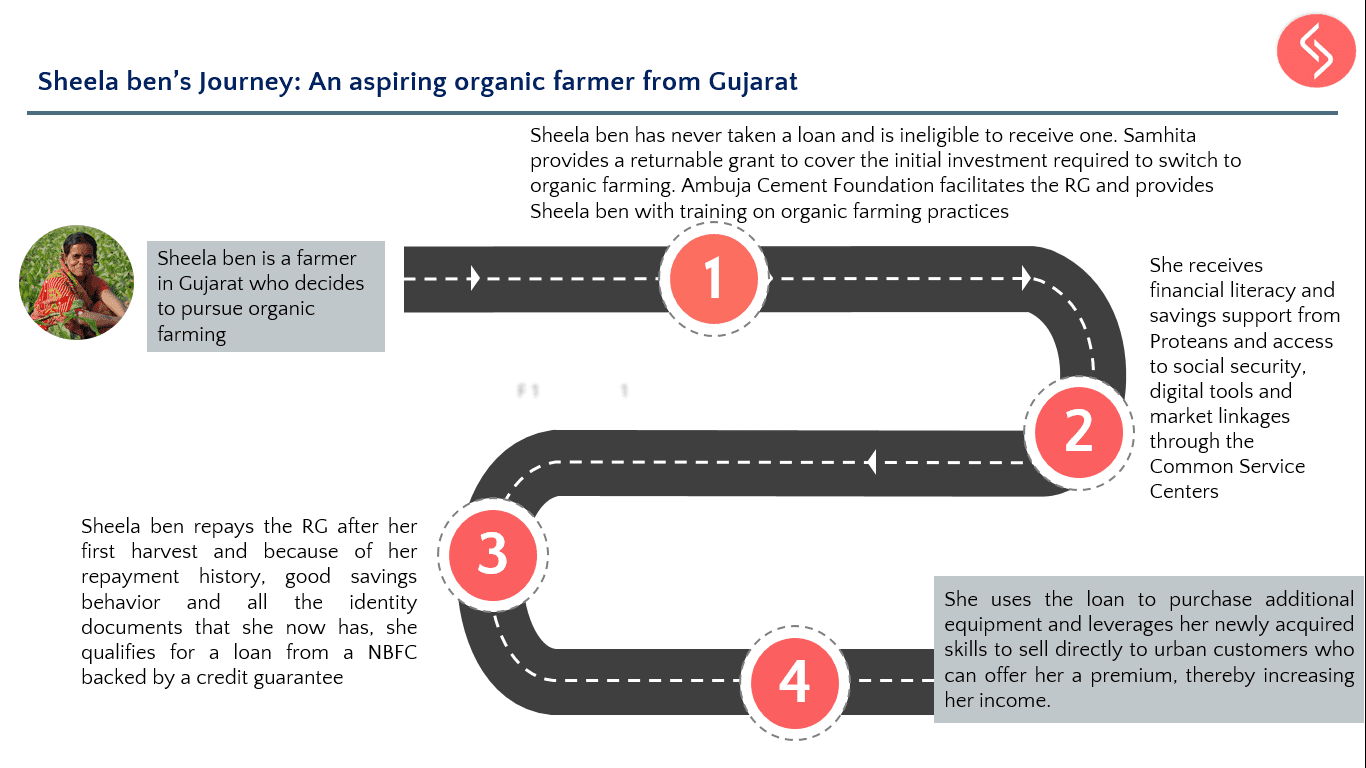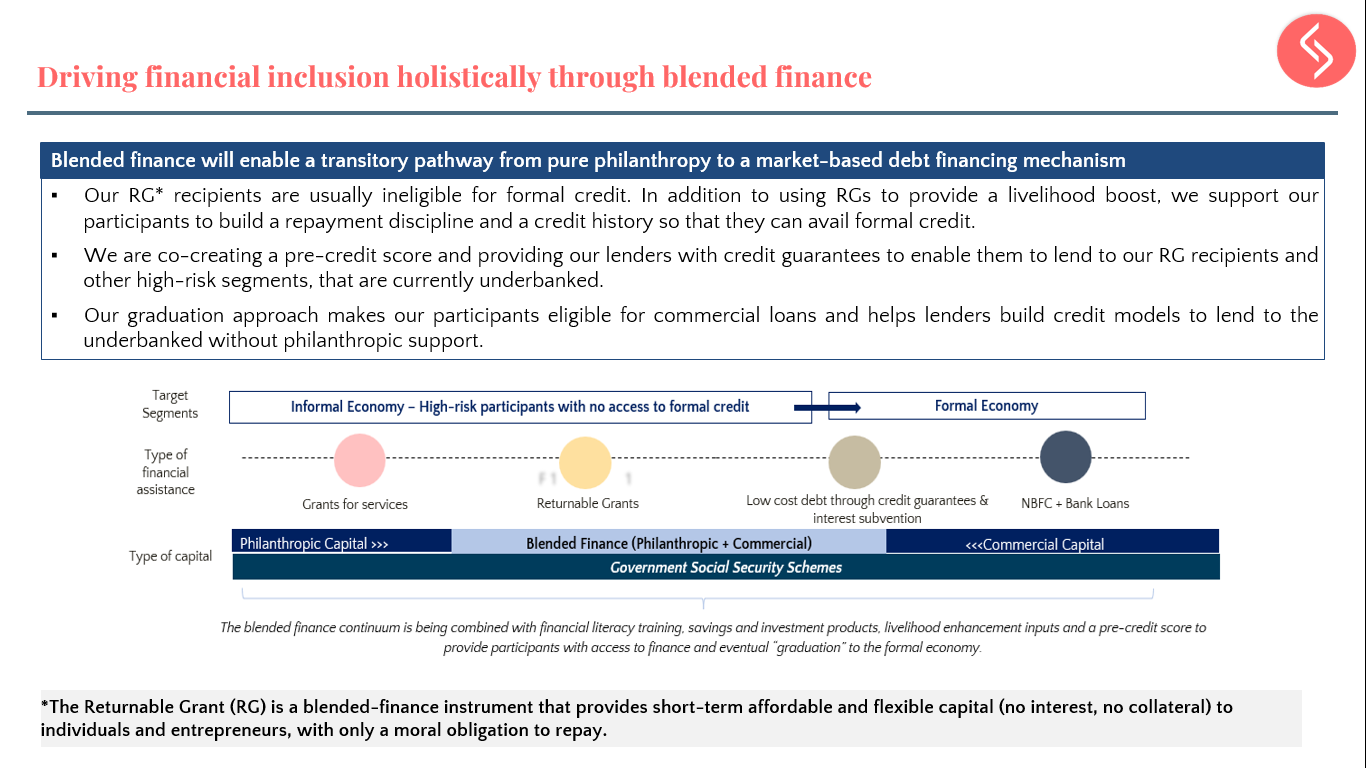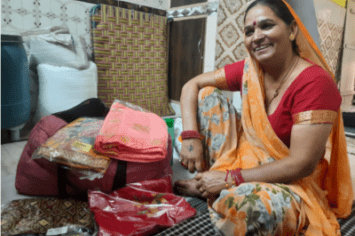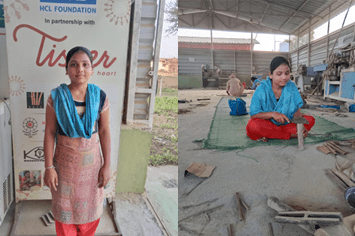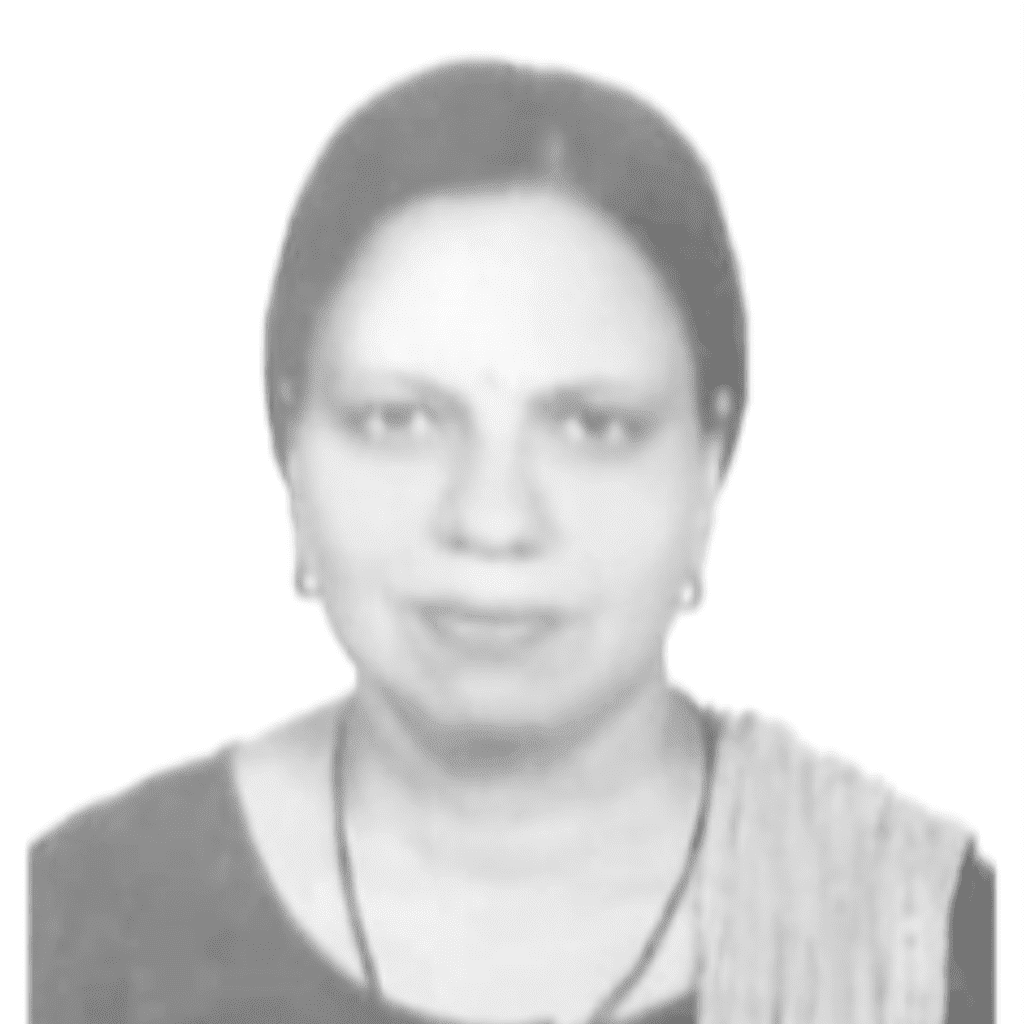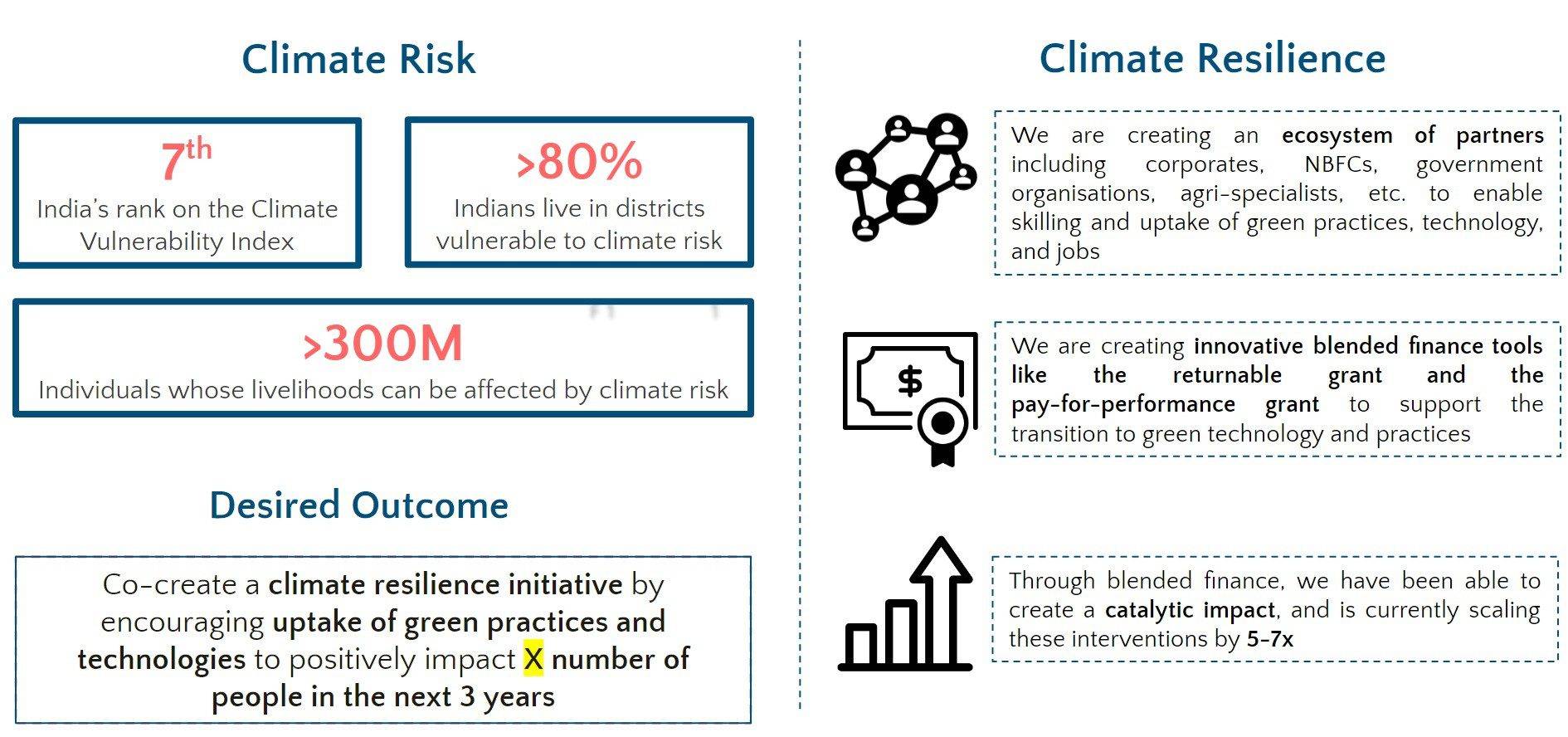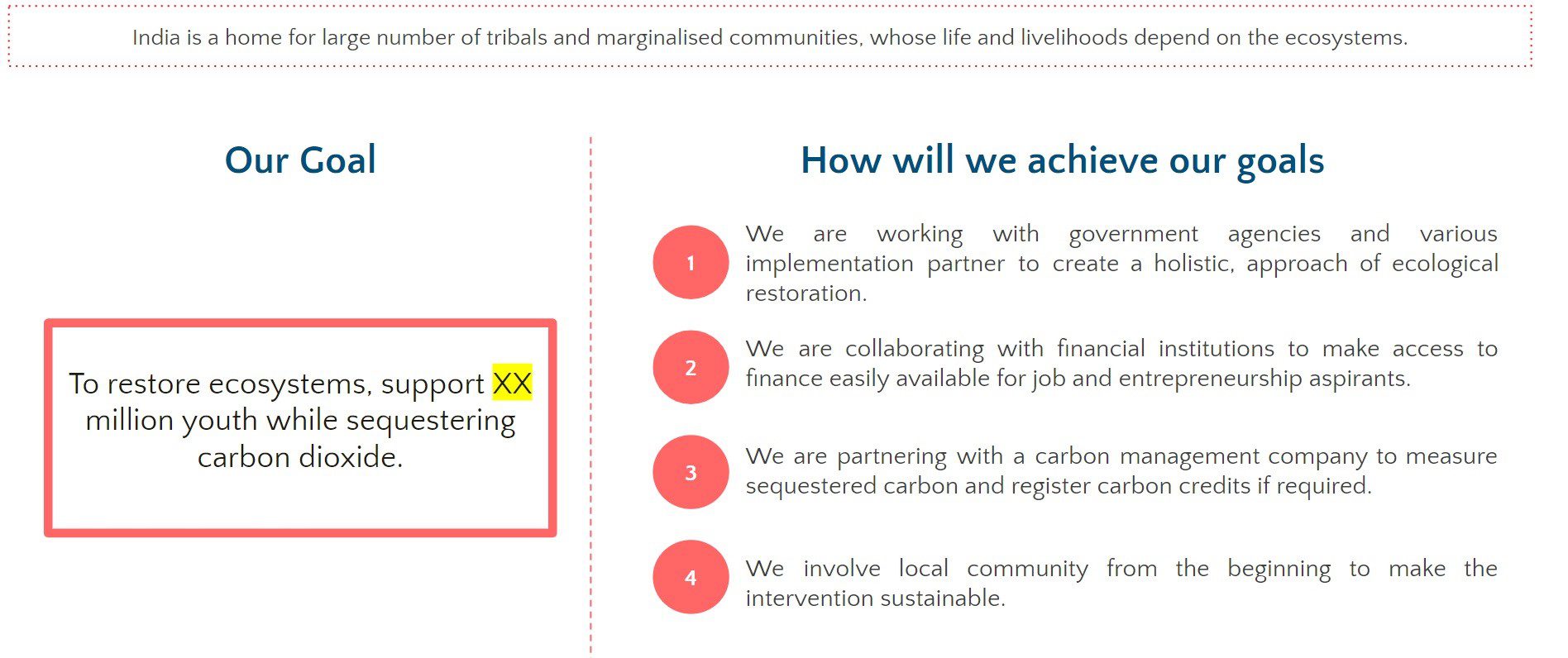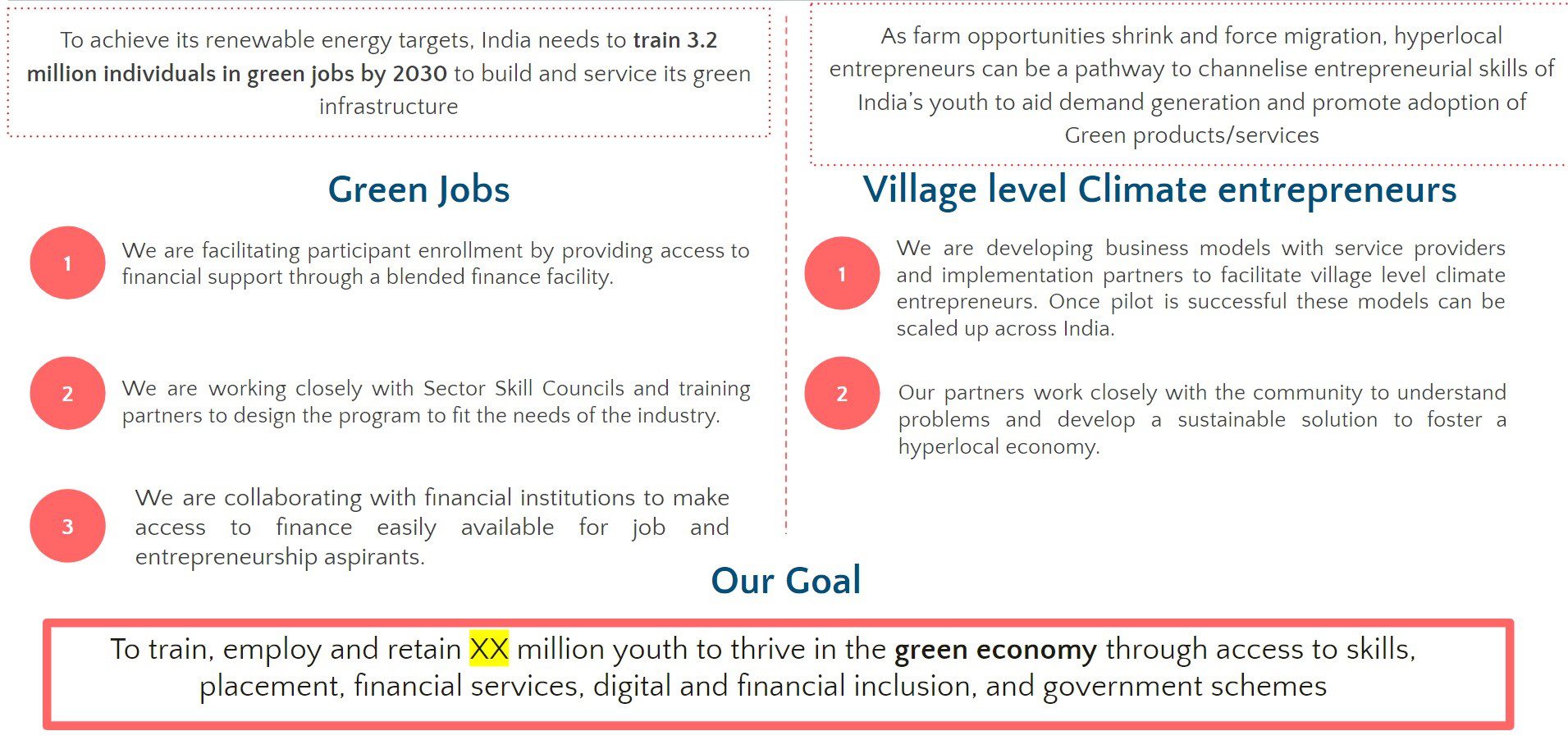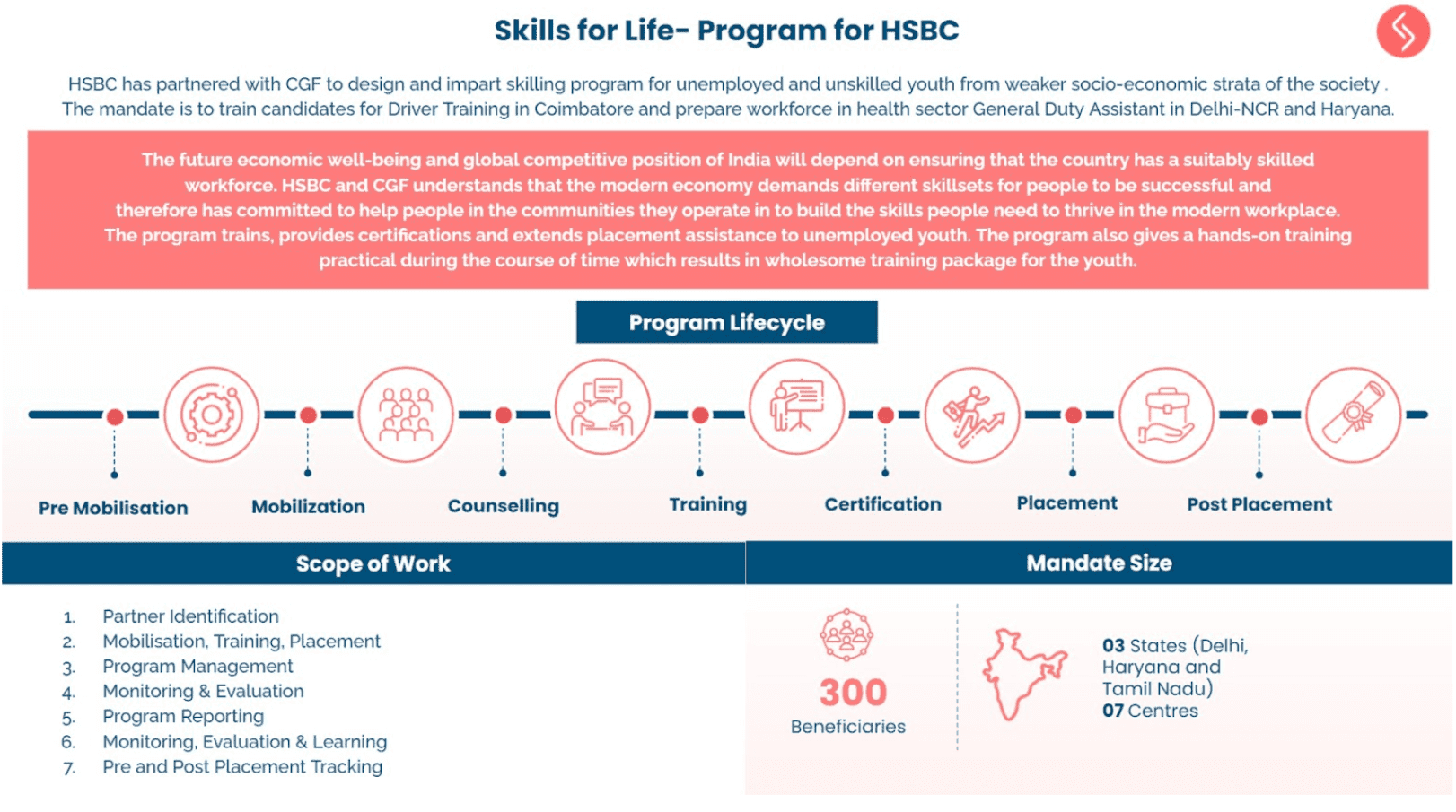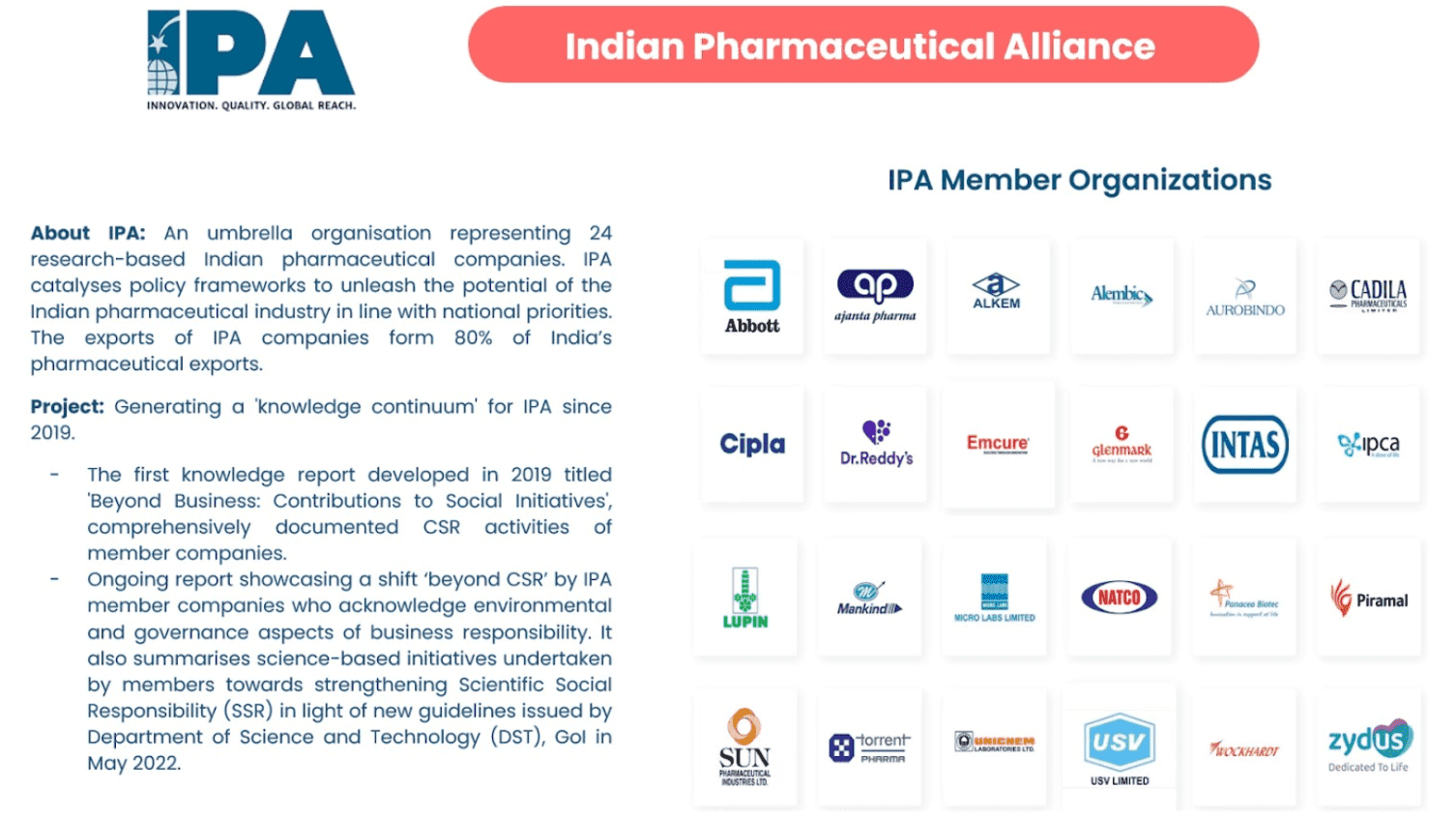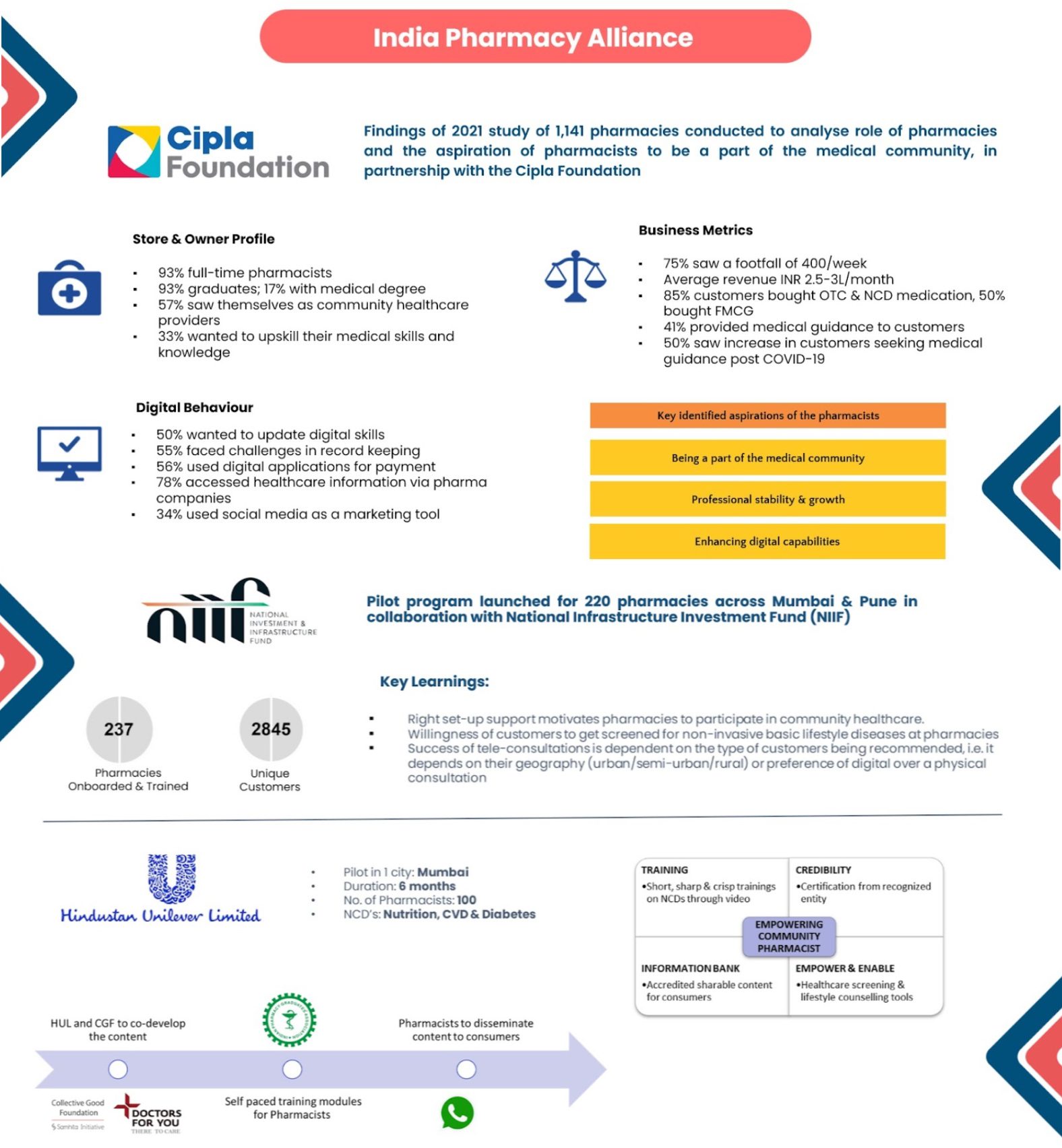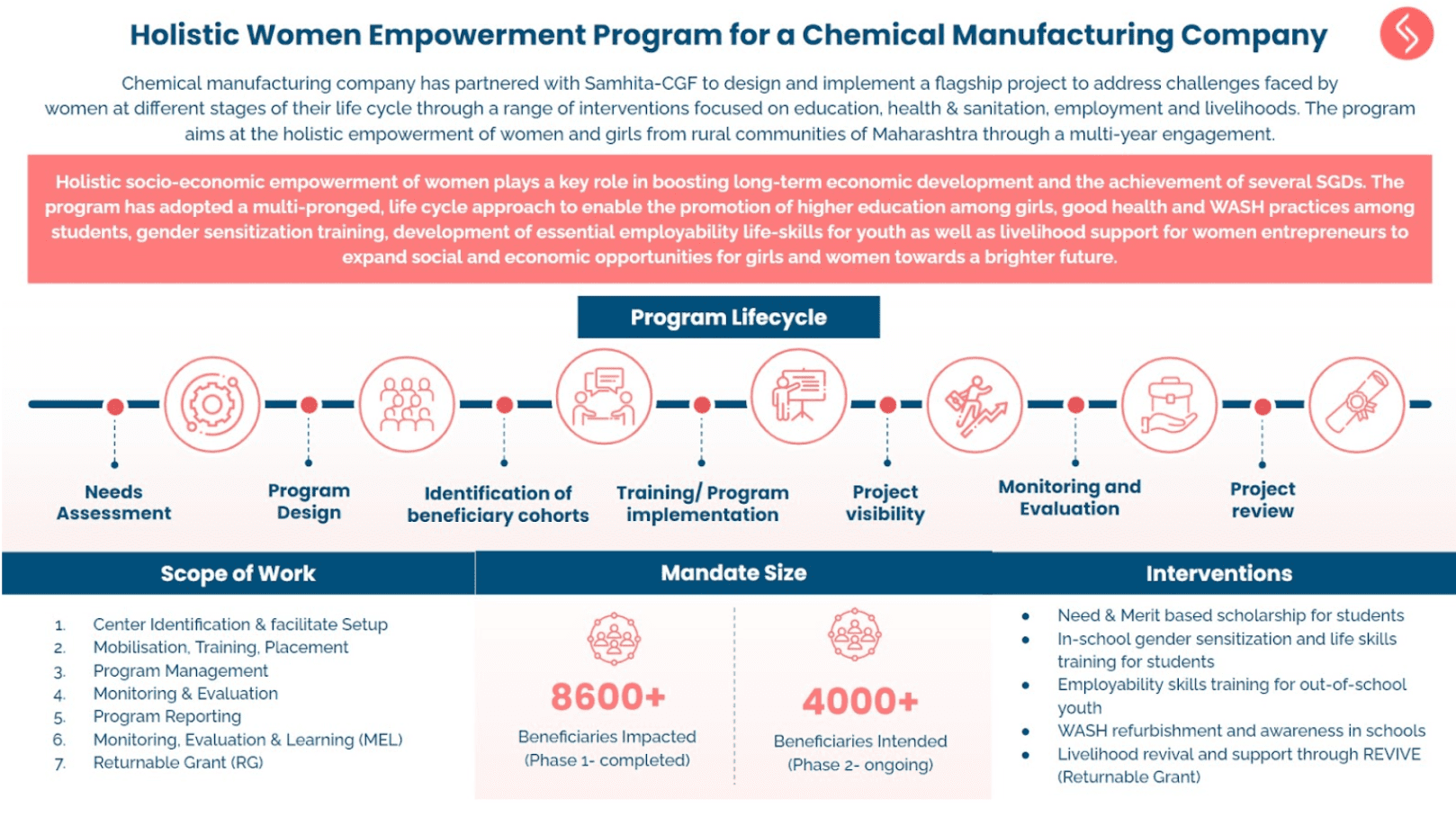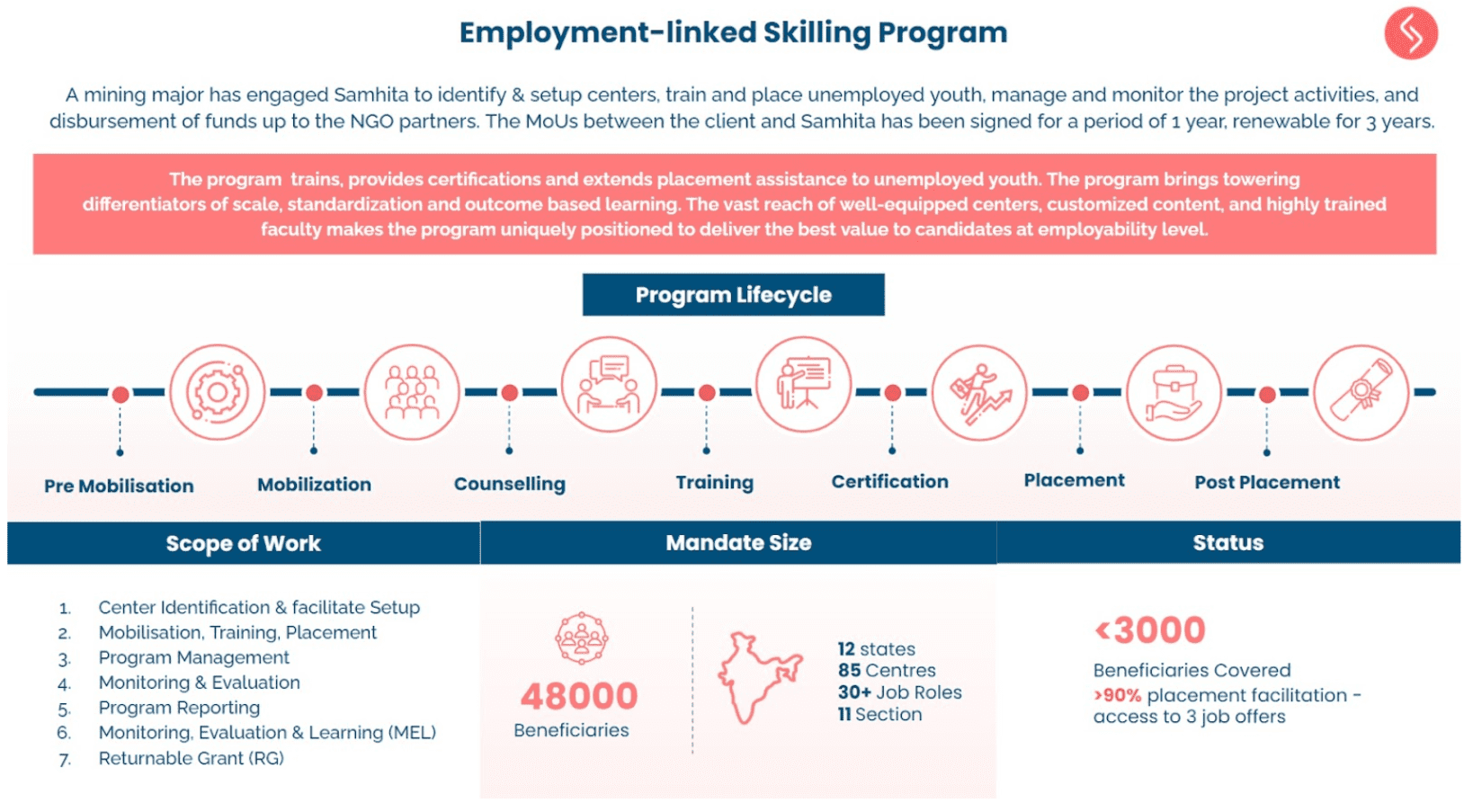Advancing Women’s Access to Family Planning: Bridging Policy, Regulatory Gaps, and Empowering Communities Through Innovation
Greater access to family planning information and services can help reduce maternal deaths by 30% annually; save the lives of 1.4 million children under 5 each year; save $6 for every $1 invested and achieve all 17 SDGs by 2030 (USAID).
The roundtable meeting, co-organized by the USAID-supported FHM Engage Program and local partner Access Health, successfully launched on September 17, 2024, at the Ambassador Hotel in New Delhi. Distinguished speakers and experts from the public health, pharmaceutical, and policy sectors came together to pledge their commitment to advancing women’s access to family planning products in India.
The event emphasized the need to bridge gaps between policy, regulation, and execution. Panelists discussed the regulatory challenges surrounding contraceptive manufacturing and highlighted the importance of community involvement and public-private partnerships in improving access to contraceptive information, services, and products.
Structured around two key panel discussions—Policy and Regulatory Opportunities and Developing a Roadmap for Policy Advocacy and Regulatory Reforms—the event featured compelling insights from keynote speaker Michelle M. Lang-Alli, USAID Health Office Director, and Shivani Kapoor, Deputy Chief of Party at FHM Engage. They, along with other experts, underscored the need for stronger cross-sector collaboration to foster a sustainable family planning market.
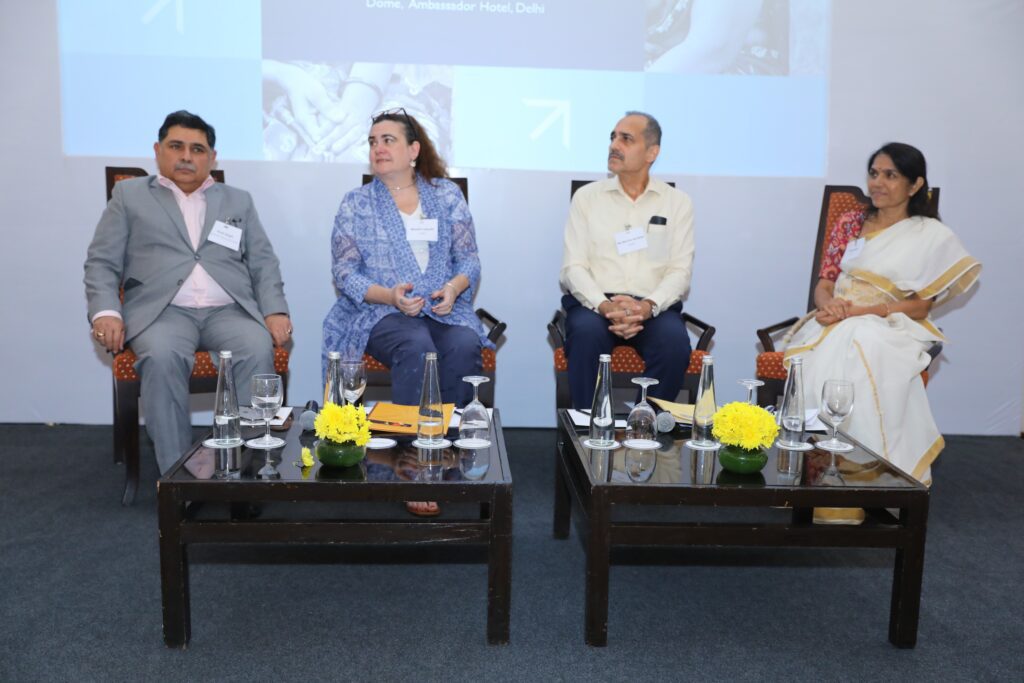
The discussions centered on empowering women and girls by improving access to essential contraceptive services and products through collective efforts across industries and communities. Key themes that emerged from the event included:
1. Bridging Regulatory Gaps:
Participants acknowledged a significant gap between existing regulations and their implementation in the family planning sector, particularly in engaging the private sector. Clearer guidelines for private providers, including chemists, and actionable steps to translate legal provisions into real-world impact were highlighted as critical needs.
2. Improving Public-Private Collaboration:
The need for stronger collaboration between the public and private sectors was widely emphasized. Whether to enhance access to family planning products, drive innovative solutions, or expand reproductive health services, closer ties between the sectors were underscored as essential for sustainable impact.
3. Involving the Community:
No level of public-private collaboration can replace the importance of community involvement. Participants stressed that family planning initiatives must be tailored to the unique social and cultural contexts of the communities they serve, ensuring relevance and effectiveness.
4. Expanding Contraceptive Choices:
The event highlighted the need for a broader range of contraceptive options for women. Advanced third and fourth-generation contraceptives offer fewer side effects but need better accessibility. Expanding access to modern contraceptives, including hormonal IUDs and implants, was identified as crucial for providing informed choices.
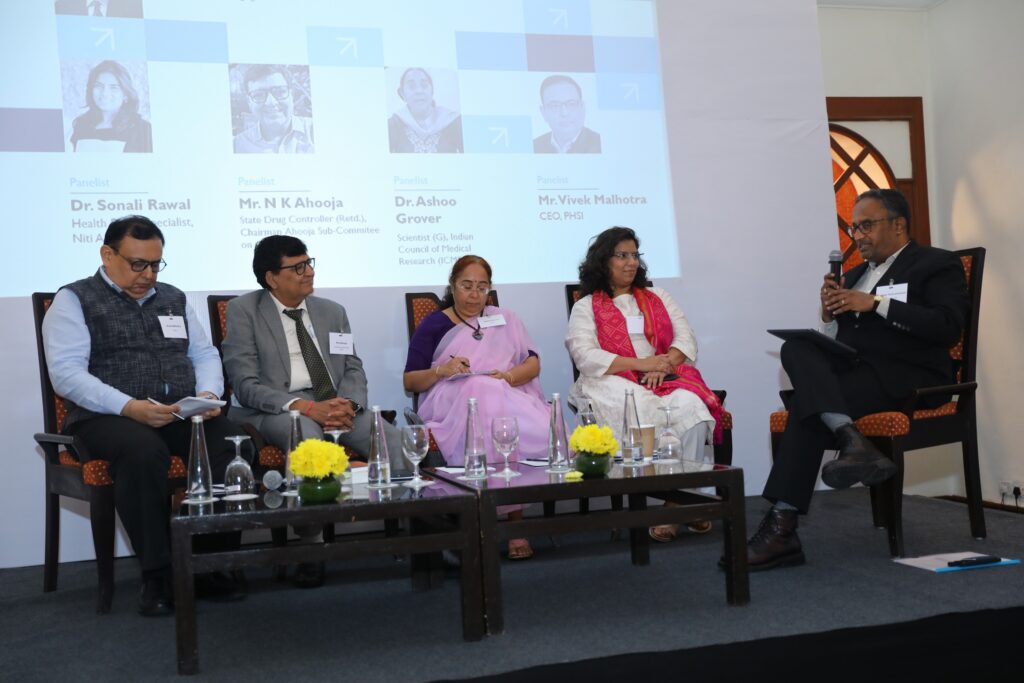
5. Advocating for Policy and Regulatory Reforms:
Stronger advocacy is needed to drive policy and regulatory reforms that support expanded access to family planning products. Clear advertising guidelines, regulatory changes, and broader inclusion of experienced stakeholders in policy discussions were identified as key areas for action.
6. Empowering Women Beyond Health:
Participants agreed that family planning should be viewed as more than a health service as it is a critical tool for empowering women and supporting their economic participation. By enabling women to access contraceptives that meet their needs, we contribute to their overall well-being and their ability to participate more fully—both socially and economically.
7. Embracing Innovation and Technology:
Several speakers emphasized the importance of integrating technology and innovative approaches to overcome barriers in the family planning sector. Cost-effective and ethically sound technological solutions were recognized for their ability to significantly improve access to family planning services.
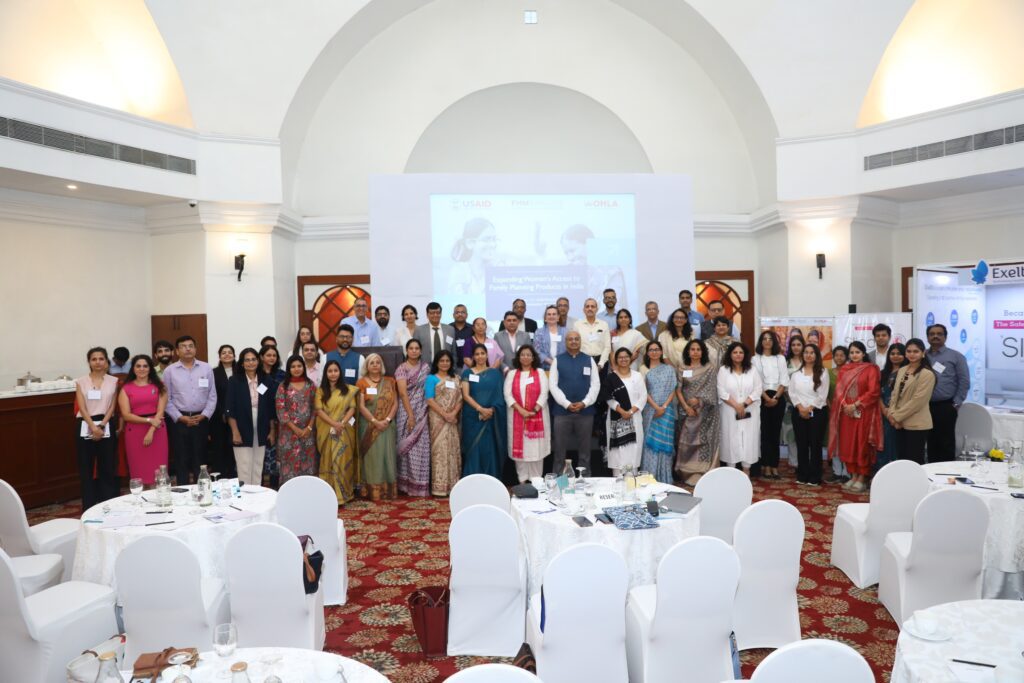
8. Addressing Disparities Between Public and Private Sectors:
Participants also discussed the need to align regulations between the public and private sectors to ensure consistent guidelines and improve the availability of contraceptive products across different geographies.
9. Advancing Accountability and Transparency:
Ensuring accountability among all market actors and maintaining transparency throughout the family planning value chain was underscored as vital for building trust and ensuring equitable access to services.
10. Initiating a Roadmap for Future Action:
The event concluded with a commitment to ongoing discussions and collaboration to develop a roadmap for expanding the reach of family planning products and services in India. The need for continued dialogue and collective efforts was highlighted as key to future success.
Prominent speakers included Dr. Kirti Iyengar, Director (SRHR), CIFF; Vivek Seigell, Sr. VP Corporate Affairs, APEEJAY Stya Svran Group; and Maj. (Gen) Prof. Atul Kotwal, SM, VSM, Executive Director, NHSRC. Navneet Bhatt, Senior Technical Specialist at ACCESS Health, provided a pre-panel overview, setting the stage for lively and insightful discussions.
The two-part panel discussion was moderated by Shankar Subramaniem, Senior Global Technical Advisor, FHM Engage, and Dr. Amit Bhanot, Country Director & Chief of Party, FHM Engage. Notable discussants included N. K. Ahooja, Retd. State Drug Controller and Chairman, Ahooja Sub-Committee on OTC Drugs; Vivek Malhotra, CEO, PHSI; Dr. Nidhi Bhatt, National Officer-Family Planning, WHO; Arijit Ghosh, Senior Director, PSI; Ms. Prachi Garg, External Affairs Lead, Organon; and Sumantoke Bagchi, Head of Medical Affairs, Exeltis.
